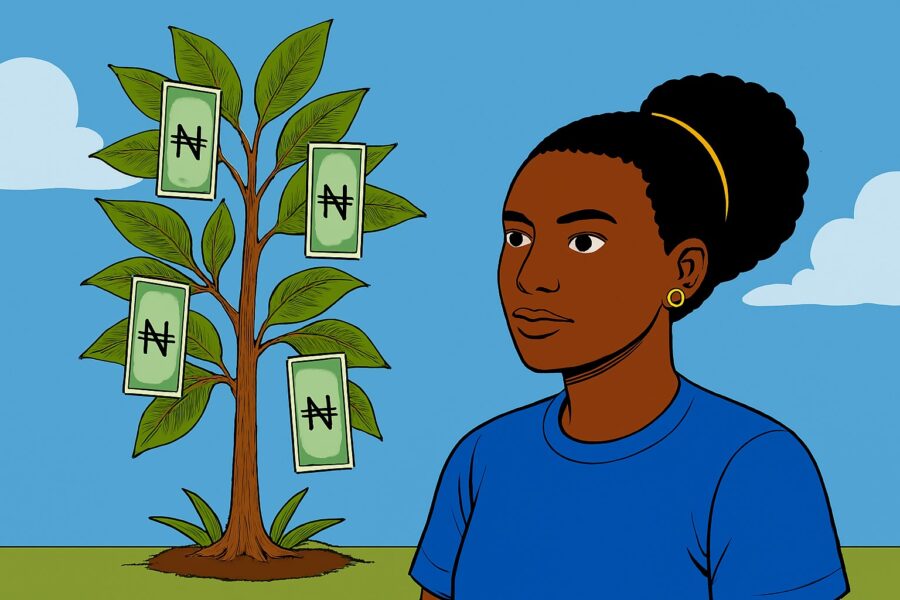What Is a Will and Why Should You Write One?
I know this is such a sensitive topic to explore. But I promise, it is important. As you may know, a will is a legal document that outlines your wishes for how your property and assets will be distributed after you pass away.
A will provides peace of mind and ensures that your assets are distributed according to your wishes. Without a will, your estate may pass to individuals you would not have chosen, and your loved ones may have to navigate a lengthy and costly probate process.
Overall, having a will in Nigeria ensures that your assets are distributed according to your wishes and can avoid complications and disputes among family members after your death.
Who Can Create a Will, and Do You Require a Lawyer to Create One?
Anyone who is an adult (18 years or older) and of sound mind can create a will It is not legally required to have a lawyer draft one, but it may be helpful to seek legal guidance, especially if your estate is complex.
If you choose to write it by yourself, you should ensure that it meets all legal requirements such as being in writing, being signed and witnessed by two people who are not beneficiaries, and being clear about your intentions.
We recommended that you have a lawyer review your will to ensure it meets all the requirements.
What Should I Include in My Will?
Your will should include the names of your beneficiaries, who you want to serve as your executor, and instructions for the distribution of your assets.
You may also include special requests, such as charitable donations or specific funeral arrangements and any other specific instructions you may have.
It is important to keep your will up to date and review it periodically especially if there are any major changes in your life such as births, deaths, or marriages.
What are the Key Benefits of Writing a Will in Nigeria?
1. Avoiding Intestate Succession: When someone dies without a will, their assets are distributed according to the law of intestacy. This can result in unintended beneficiaries receiving a share of the estate or disputes amongst family members.
Writing a will ensures that your assets are distributed according to your wishes, avoiding these complications.
2. Protecting Minor Children: If you have minor children, having a will enables you to appoint someone you trust to be their guardian in the event of your death. This ensures that your children are in the care of someone you have chosen.
3. Identifying Executors: A will allows you to appoint someone to be responsible for administering your estate after your death. This can ensure that your estate is distributed efficiently and effectively.
4. Minimising Legal Fees and Estate Taxes: Writing a will can also minimise the expenses and taxes that your estate will incur. This can ensure that your beneficiaries receive the maximum amount possible.
5. Control Over Your Estate: A will provides you with control over how your estate is distributed. You can specify who receives what, ensuring that your assets are distributed according to your wishes.
In summary, writing a will in Nigeria can provide peace of mind knowing that your assets will be distributed according to your wishes, appoint trusted individuals to care for your minor children, minimise legal expenses and estate taxes, and ensure that you maintain control over your estate after death.
Now that you know the benefits of having a will, the next important step is having one for yourself.



